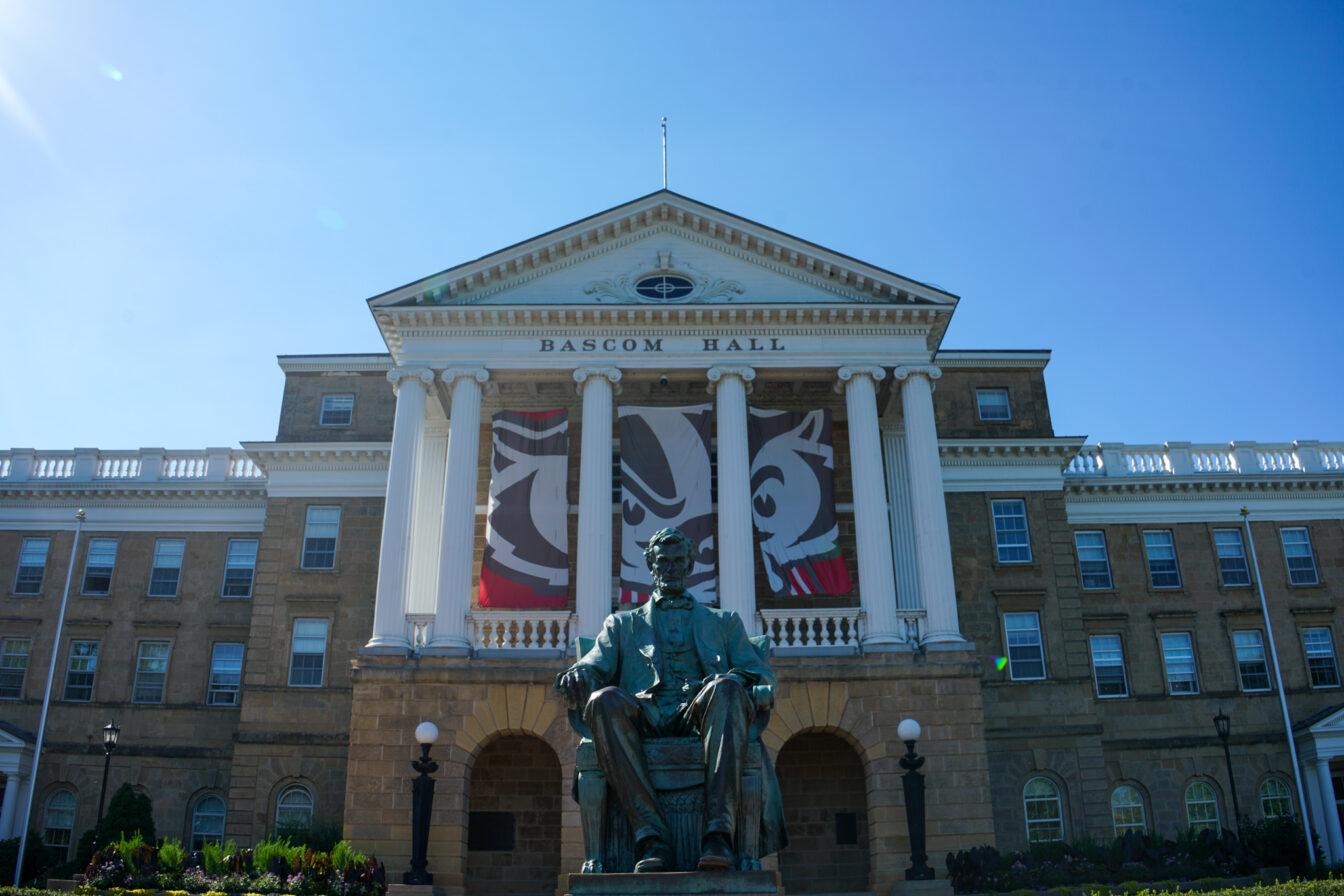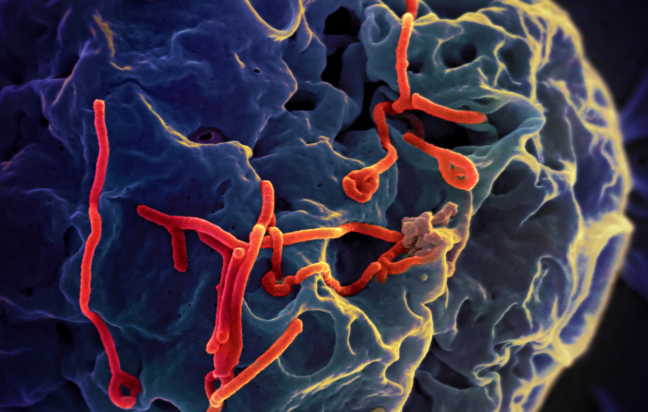Recent University of Wisconsin research results may disappoint residents looking for signs of the apocalypse in the deaths of 200 cows in central Wisconsin earlier this month.
Research by the Wisconsin Veterinary Diagnostic Laboratory has shown the cows were poisoned by mycotoxin, a toxin known to grow in moldy sweet potatoes. Researchers eventually found the toxin in a sample of the potato waste fed to the cows, Peter Vanderloo, associate director of the lab, said.
According to Vanderloo, while initial symptoms looked as though a pathogen or pneumonia caused the deaths, his researchers originally suspected the toxin due to clinical history and the changes that occurred in the cow’s lungs.
He said the clinical history made scientists suspicious of a toxin and one capable of such fatal results occurs from mold growth on sweet potatoes.
Vanderloo added the result of further chemical testing found mycotoxin to be the cause of the die-off.
While the lab initially tested for some infectious agents and other common viruses, lab technicians were quickly able to rule them out and discover the toxin responsible for the deaths, he said.
According to Vanderloo, since cattle are normally fed diets unable to be digested by humans, the potatoes or any other cows with similar diets pose no threats to human health.
The Wisconsin Veterinary Diagnostic Laboratory gets many samples from around the state each year to test, but this is the first instance of a mass animal die-off in Wisconsin Vanderloo has investigated during his time running the lab.
Although the deaths of the cows in Wisconsin came on the heels of other large animal die-offs in the United States, Vanderloo warns against coming to irrational conclusions without doing the research, such as many did around the state who linked the story to another sign of the apocalypse.
“I’m not a fan of the apocalypse or paranormal explanations. We had samples and history and applied our protocols for testing, and looking for the answer in the Mayan calendar just doesn’t do any good,” Vanderloo said. “You often find real world answers if you look with the correct scientific principles.”
A UW news release said the WVDL is the primary state laboratory providing diagnostic services and disease testing for farmers and others to detect a wide variety of animal diseases and pathogens that affect domesticated and wild animals.


















